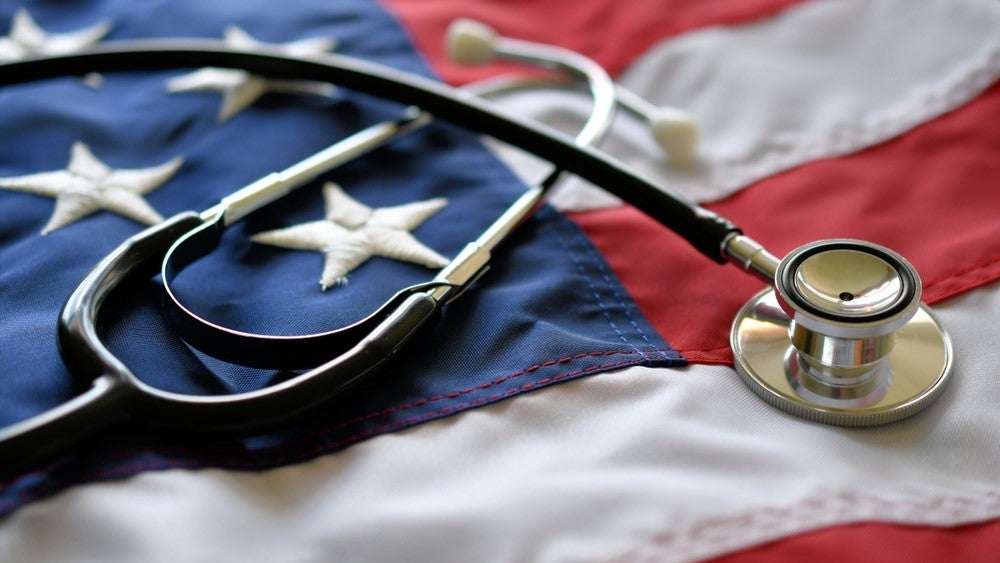STAT+: How a cash-prize system that phases out patents may lower drug prices
"The idea here is you can still get a patent but it wouldn’t be implemented as a monopoly on a drug or vaccine or other medical technology."

Two months ago, Sen. Bernie Sanders (I-Vt.) moved a step closer to an idea he has championed for some time — awarding prizes, instead of patents, for inventing medicines. A measure was passed directing the National Academies of Sciences, Engineering, and Medicine to study the idea and was added to the Pandemic and All-Hazards Preparedness Act. The goal is to delink the cost of inventing drugs from their prices. The policy would phase out patents and regulatory exclusivities and, in place of intellectual property protections, the U.S. government would finance more drug research and award cash prizes to companies when they invent drugs or hit milestones. Supporters say this approach can, ultimately, lower drug costs for the U.S. health care system.
Opponents, however, have long derided the notion. They argue the government may not always have the financial or budgetary wherewithal to fund prizes, awards may be vulnerable to political influence, and sometimes the expertise may be lacking to establishing the correct value in order to award an appropriate prize. But Jamie Love, who heads Knowledge Ecology International, an advocacy group that focuses on pharmaceutical pricing and patents, maintains the idea has merit and urges naysayers to wait for the National Academies to issue its study. This is an edited version of our conversation.
So, why prizes and not patents?
What's Your Reaction?

































